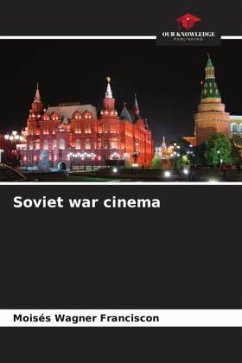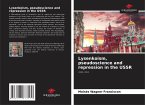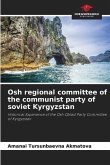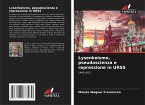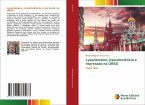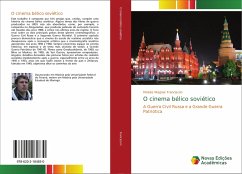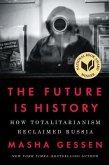This work is made up of three articles that together make up a history of Soviet war cinema. Some themes of the war films produced in the USSR are not dealt with, such as the campaign in Afghanistan, which produced films with heroic content until the mid-1980s, and critical content in the last years of the regime. The focus is on the two main stages of this film genre: the Russian Civil War and the Second World War. The first chapter seeks to demonstrate that the cinema of the socialist realism school did not disappear after the artistic renewal that Soviet cinematography presented in the 1950s and 1960s. It has always found a place in historical cinema, especially the most ufanistic of them all: the Great Patriotic War of 1941-45. Films such as Ozvobozhdenie, from 1969, or Bitva za Moskvu, from 1985, by Yuri Ozerov, present compositions, angles, details derived from the paintings made by artists of socialist realism immediately after the war, especially between 1945 and 1953, the years when Stalin was at the head of the country and Zhdanov, who died in 1949, aimed to dictate the paths of art.
Bitte wählen Sie Ihr Anliegen aus.
Rechnungen
Retourenschein anfordern
Bestellstatus
Storno

